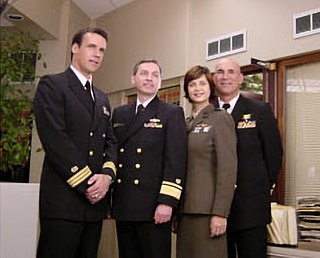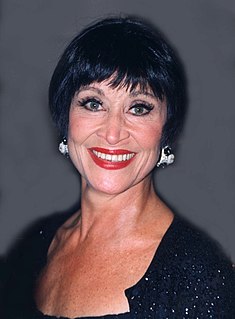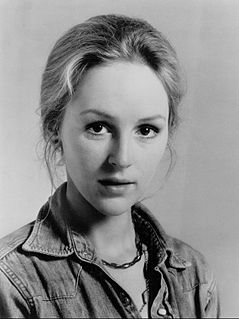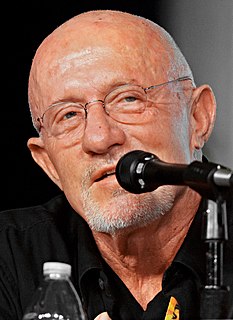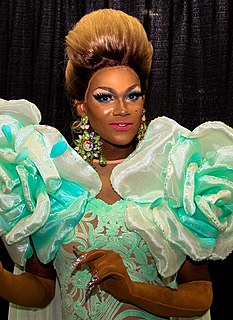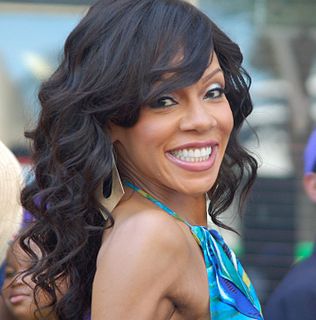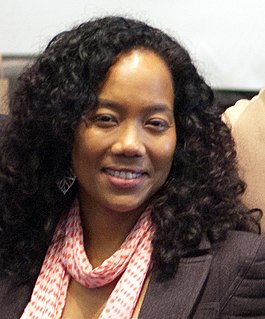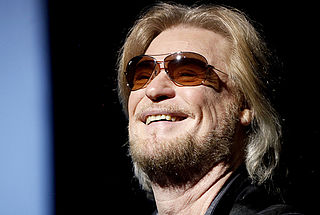A Quote by Chris Milk
What if instead of seeing a neighborhood that reminds you of the place you grew up in, you see your actual neighborhood? The data exists. The technology exists. It's just a matter of sourcing it and processing it in a compelling fashion.
Quote Topics
Related Quotes
If you have an all-white neighborhood you don't call it a segregated neighborhood. But you call an all-black neighborhood a segregated neighborhood. And why? Because the segregated neighborhood is the one that's controlled by the ou - from the outside by others, but a separate neighborhood is a neighborhood that is independent, it's equal, it can do - it can stand on its own two feet, such as the neighborhood. It's an independent, free neighborhood, free community.




